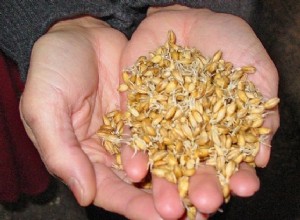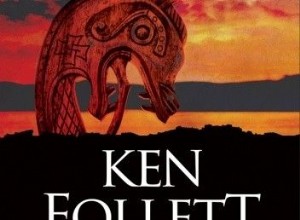Quite recently we wrote about the inhabitants of besieged Leningrad, who in their desperate struggle for their lives did not shy away from cannibalism. Before this happened, however, the city authorities somehow tried to feed hundreds of thousands of starving people. When practically everything was




